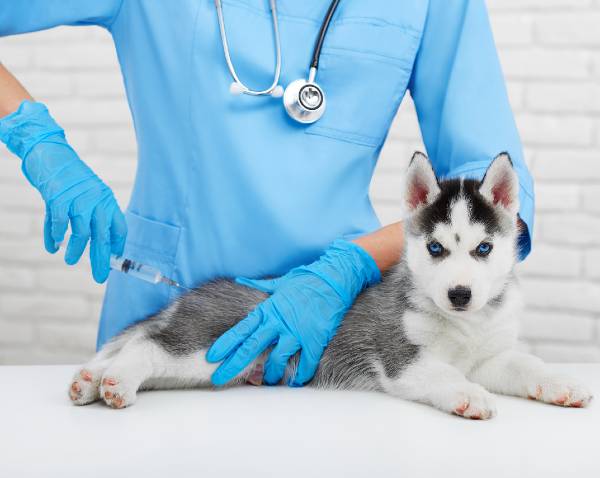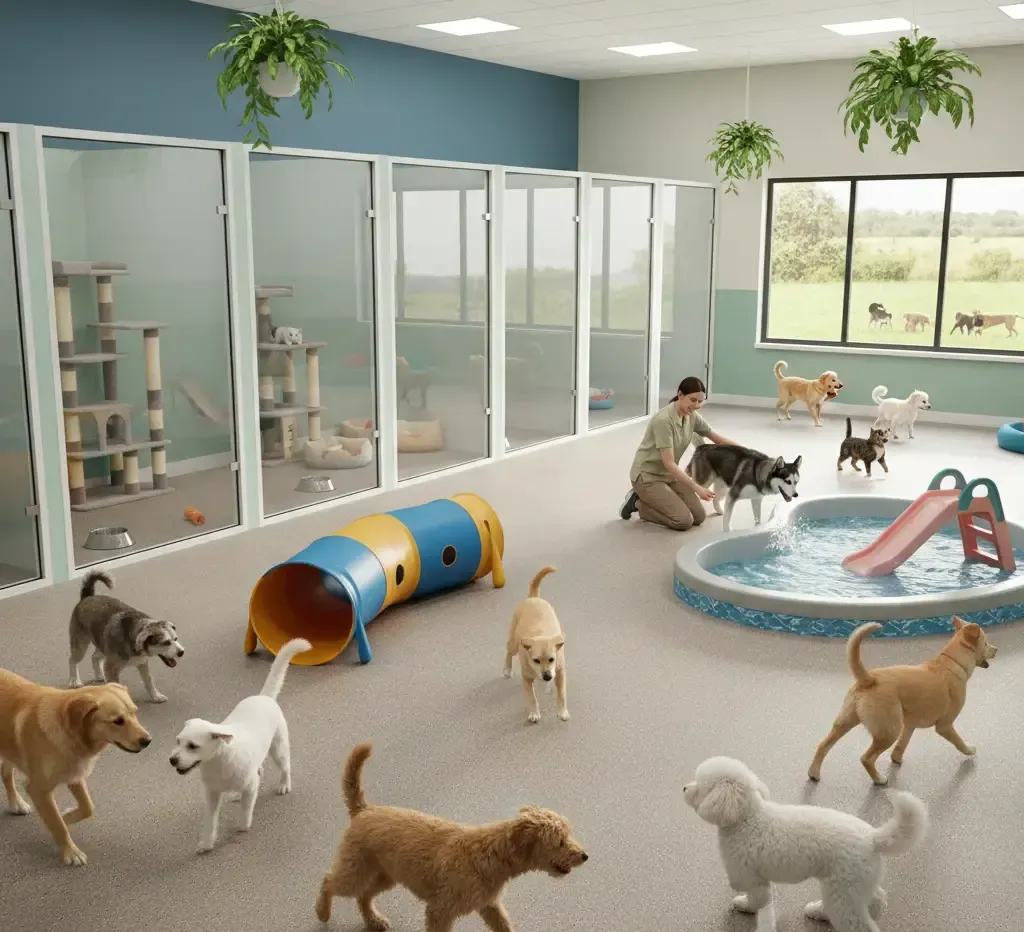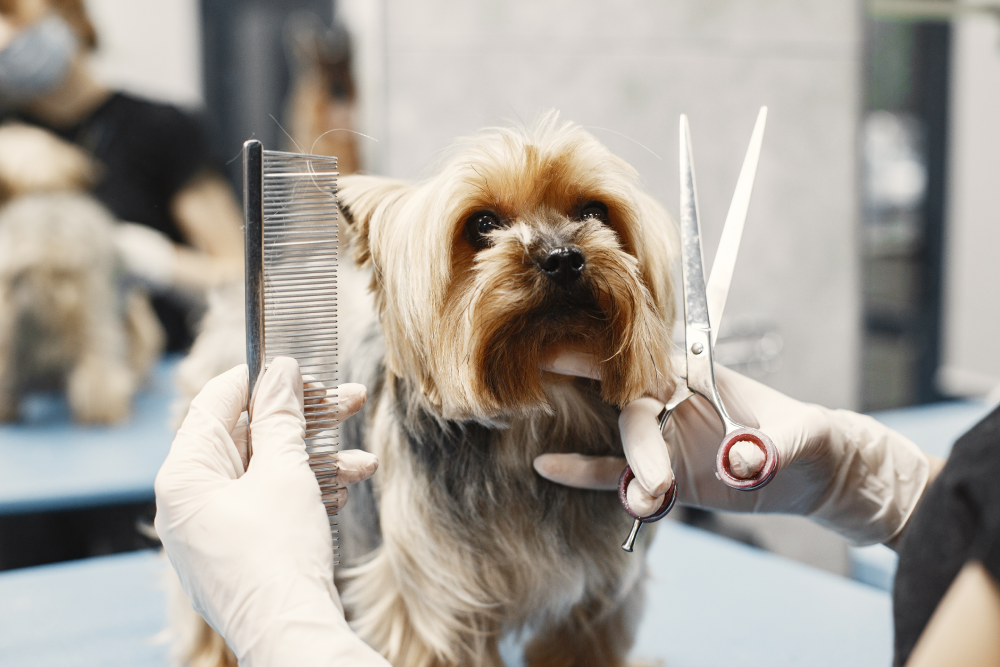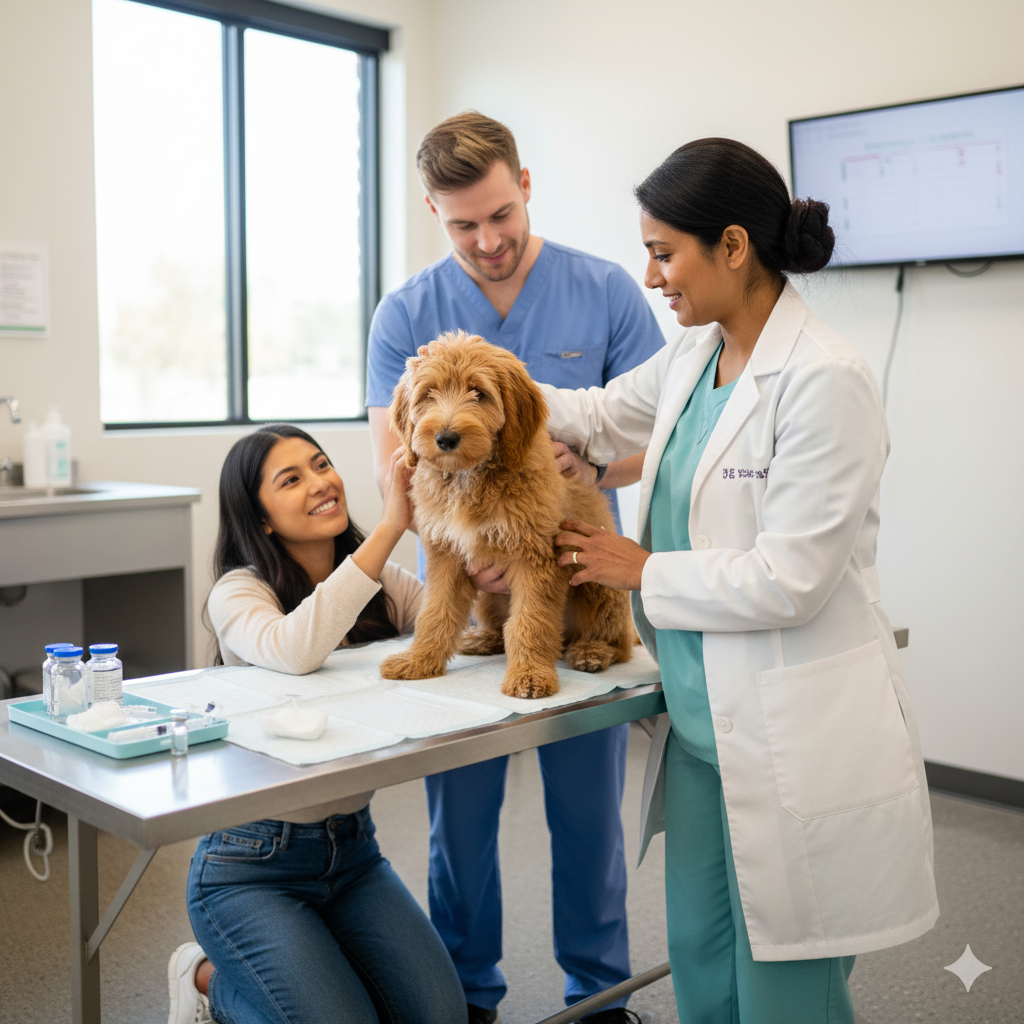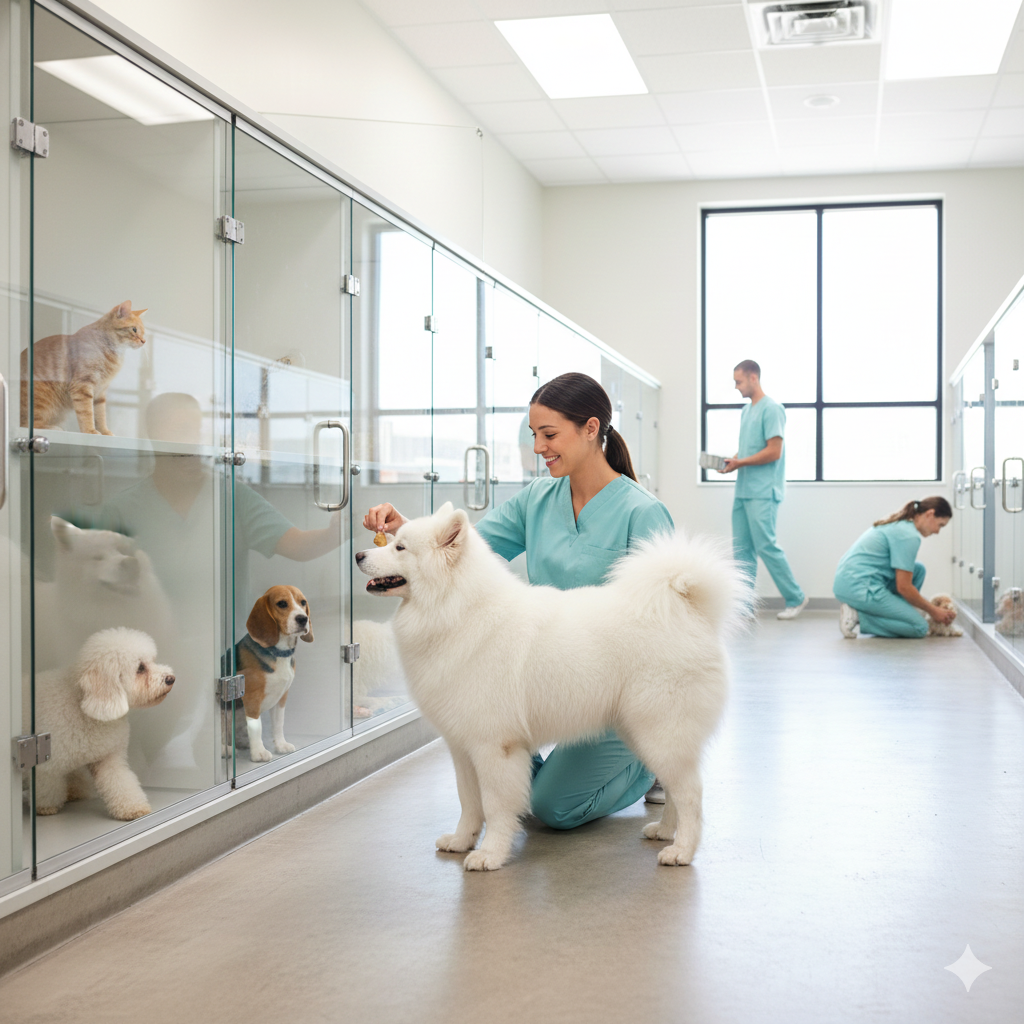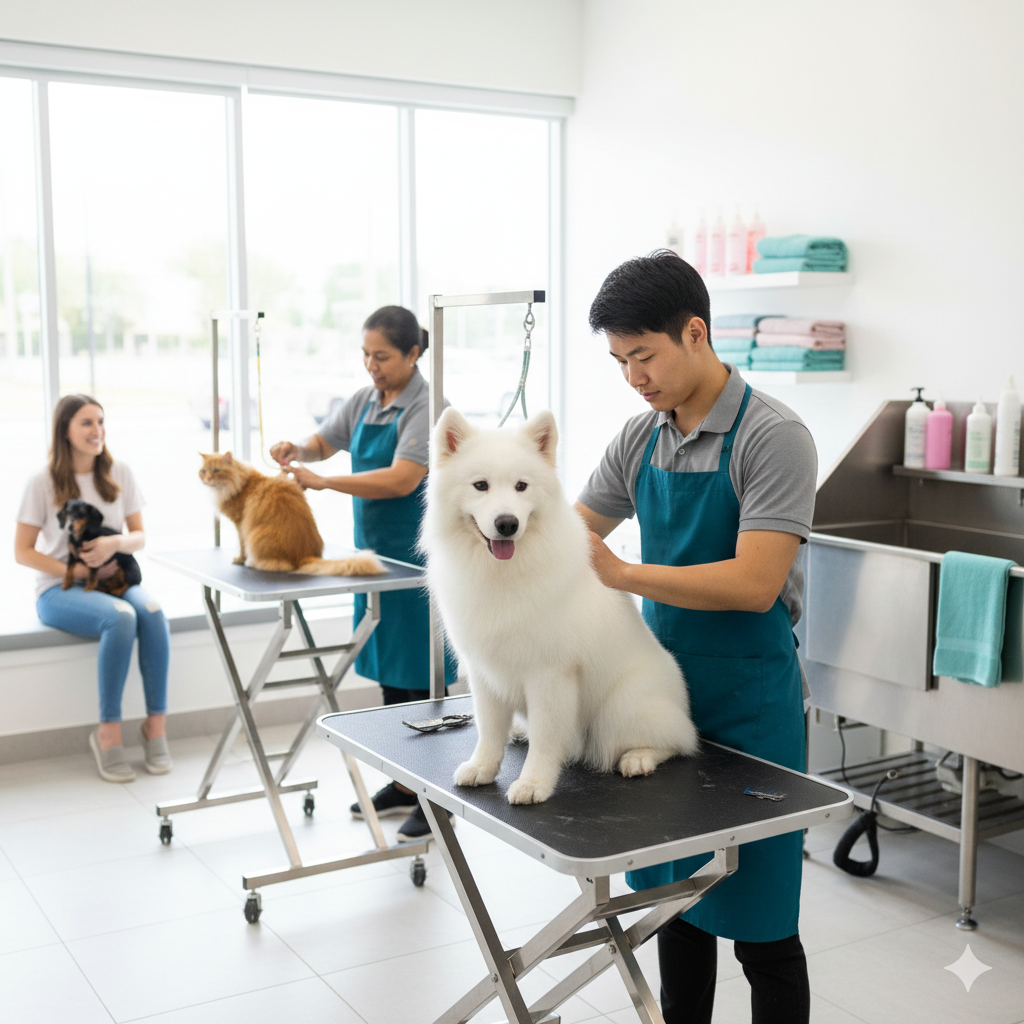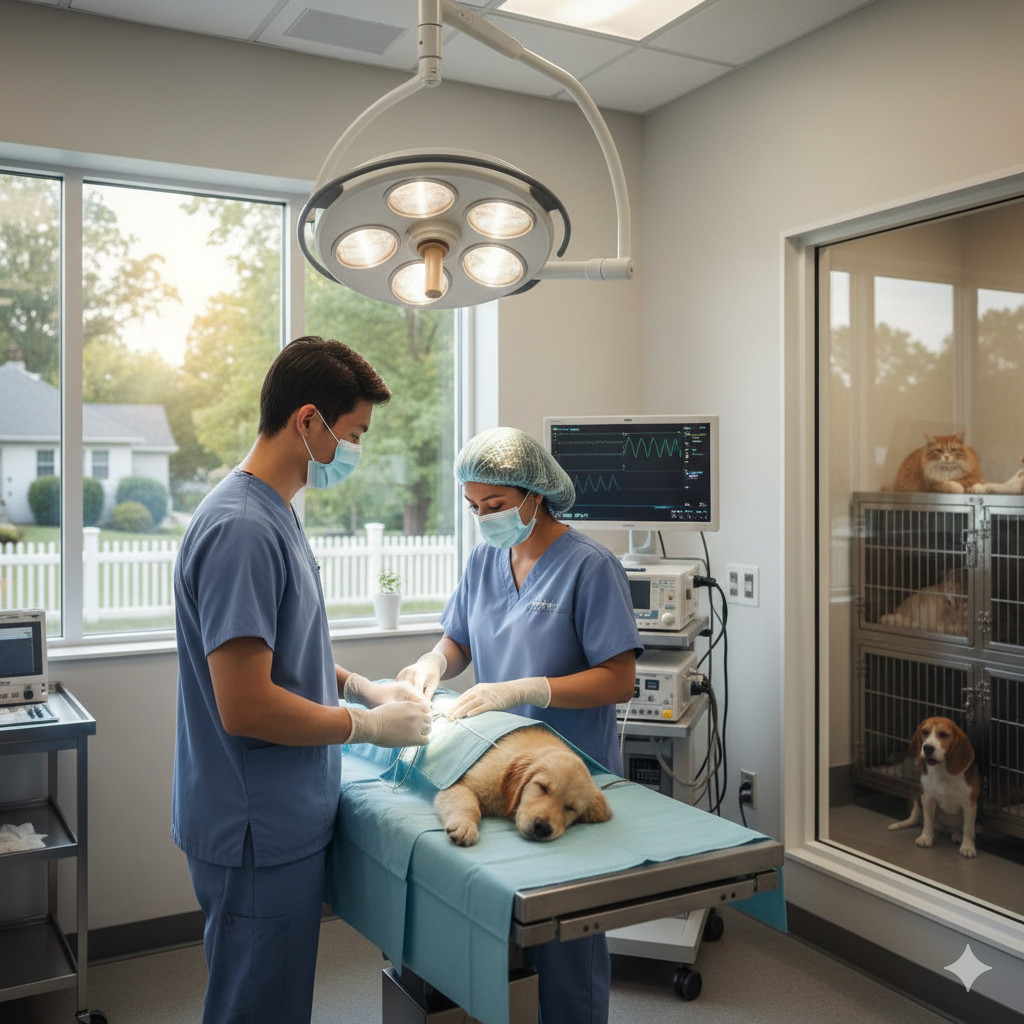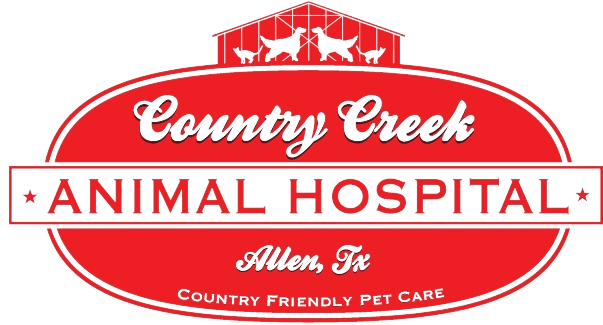Understanding Veterinary Services: From General Medicine to Specialized Care
Taking care of our furry, scaly, or feathered family members is a big responsibility. Just like us, animals need regular check-ups and medical attention when they’re not feeling their best. That’s where veterinary services come in. But what exactly do these services entail? It’s more than just shots and check-ups. Let’s dive into the world of veterinary medicine, from the basics to the specialized care that can keep your animal companion healthy and happy.
The Role of General Veterinary Medicine
Think of general veterinary medicine as your pet’s primary care. It’s the first line of defense for their health needs. General practice veterinarians are like family doctors for animals. They are trained to handle a wide range of issues, from routine vaccinations and wellness exams to diagnosing common illnesses and injuries. This broad approach ensures that most of your pet’s healthcare needs can be met in one place. Your veterinarian plays a crucial role in preventative care, helping you keep your pet healthy through vaccinations, parasite control, and nutritional advice. Regular visits to your veterinarian can catch potential problems early.
What to Expect During a General Check-Up
During a typical check-up, your vet will perform a thorough physical exam, checking your pet’s vital signs, such as heart rate, respiratory rate, and temperature. They will also examine their eyes, ears, mouth, and skin for any abnormalities. Your vet will also discuss your pet’s diet, exercise habits, and behavior to get a complete picture of their overall health. Depending on your pet’s age and health history, your veterinarian may also recommend certain screening tests, such as blood work or urine analysis, to check for underlying conditions.
Preventative Care: Keeping Your Pet Healthy
Preventative care is a cornerstone of general veterinary medicine. Vaccinations are a critical part of preventative care, protecting your pet from potentially deadly diseases. Parasite control is another essential aspect, as fleas, ticks, and heartworms can cause serious health problems. Your veterinarian can recommend the best preventative medications for your pet based on their lifestyle and risk factors. Nutritional counseling is also part of preventative care. A balanced diet is essential for your pet’s overall health, and your veterinarian can help you choose the right food and portion sizes for your pet’s specific needs.
Common Ailments and Treatments in General Practice
General practice veterinarians are equipped to handle a wide variety of common ailments. Skin infections, ear infections, and gastrointestinal issues are frequently seen in general practice. They can also treat minor injuries, such as cuts and sprains. Veterinarians use a variety of diagnostic tools, such as X-rays and blood tests, to accurately diagnose these conditions. Treatment options may include medications, wound care, and dietary changes.
When to Seek Specialized Veterinary Care
While general veterinary medicine covers a broad spectrum of health needs, there are times when your pet may require the expertise of a specialist. Specialized veterinary care focuses on a specific area of medicine, such as surgery, dermatology, or cardiology. If your pet has a complex medical condition, your general practice veterinarian may refer you to a specialist for further evaluation and treatment.
Exploring Different Veterinary Specialties
Just like in human medicine, veterinary medicine has numerous specialties. Here are a few common ones:
- Veterinary Surgery: Veterinary surgeons perform a wide range of surgical procedures, from routine spays and neuters to complex orthopedic and soft tissue surgeries.
- Veterinary Dermatology: Veterinary dermatologists specialize in diagnosing and treating skin conditions, allergies, and other dermatological issues.
- Veterinary Cardiology: Veterinary cardiologists focus on the diagnosis and treatment of heart conditions, such as heart failure and arrhythmias.
- Veterinary Oncology: Veterinary oncologists specialize in the diagnosis and treatment of cancer in animals.
- Veterinary Ophthalmology: Veterinary ophthalmologists focus on the diagnosis and treatment of eye conditions, such as cataracts and glaucoma.
- Veterinary Internal Medicine: Veterinary internal medicine specialists deal with complex internal diseases that affect organs like the kidneys, liver, and intestines.
- Veterinary Emergency and Critical Care: These specialists are trained to handle life-threatening emergencies and provide intensive care for critically ill animals.
How to Find a Veterinary Specialist
If your pet needs specialized care, your general practice veterinarian is the best resource for referrals. They can recommend a qualified specialist based on your pet’s specific needs and your location. You can also search for veterinary specialists online through professional organizations like the American Veterinary Medical Association (AVMA) or the American College of Veterinary Internal Medicine (ACVIM). When choosing a specialist, be sure to check their credentials and experience.
The Benefits of Specialized Veterinary Care
Specialized veterinary care offers several benefits for pets with complex medical conditions. Specialists have advanced training and expertise in their specific area of medicine, allowing them to provide the most up-to-date and effective treatments. They also have access to specialized equipment and facilities that may not be available in general practice. By working with a specialist, you can ensure that your pet receives the best possible care for their specific needs.
The Importance of Collaboration Between General Practitioners and Specialists
Effective veterinary care often involves collaboration between general practitioners and specialists. Your general practice veterinarian will continue to manage your pet’s overall health, while the specialist will focus on the specific medical condition. This collaborative approach ensures that your pet receives comprehensive and coordinated care. Regular communication between your Allen Veterinarian and the specialist is essential for optimal outcomes.
Understanding the Costs of Veterinary Services
Veterinary care can be expensive, especially when it comes to specialized treatments. The cost of veterinary services varies depending on the type of care your pet needs, the location of the practice, and other factors. It’s important to discuss the costs of treatment with your veterinarian or specialist upfront so you can make informed decisions about your pet’s care.
Factors That Influence Veterinary Costs
Several factors can influence the cost of veterinary services. Diagnostic tests, such as X-rays and blood work, can add to the overall cost. Anesthesia and surgery are typically more expensive than routine check-ups. The cost of medications can also vary depending on the type and dosage. Geographic location can also play a role, as veterinary practices in urban areas may have higher overhead costs.
Pet Insurance: A Safety Net for Unexpected Costs
Pet insurance can help offset the costs of veterinary care, especially in cases of unexpected illness or injury. There are many different pet insurance plans available, so it’s important to do your research and choose a plan that fits your pet’s needs and your budget. Some plans cover routine care, while others focus on major medical expenses.
Payment Options for Veterinary Care
Many veterinary practices offer a variety of payment options to make care more accessible. Payment plans allow you to spread out the cost of treatment over time. Credit cards are also a common form of payment. Some practices also offer financing options through third-party lenders.
Country Creek Animal Hospital: Your Partner in Pet Health
At Country Creek Animal Hospital, we understand the importance of providing comprehensive and compassionate care for your beloved pets. Our team of experienced veterinarians and staff are dedicated to keeping your animal companions healthy and happy. We offer a wide range of services, from routine check-ups and vaccinations to advanced diagnostics and surgery. Whether your pet needs a routine check-up or specialized treatment, you can trust us to provide the highest quality care. Our veterinarian team is committed to staying up-to-date on the latest advances in veterinary medicine, ensuring that your pet receives the most effective and compassionate care possible. We believe that every pet deserves access to quality veterinary care, and we strive to make our services as affordable as possible. As your veterinarian, we will tailor fit the solutions that work for you and your pet.
Building a Strong Relationship with Your Veterinarian
Your relationship with your veterinarian is a partnership. Open communication and trust are essential for ensuring the best possible care for your pet. Don’t hesitate to ask questions and voice any concerns you may have. By working together, you and your veterinarian can keep your pet healthy and happy for years to come.
The Future of Veterinary Medicine
Veterinary medicine is constantly evolving, with new technologies and treatments emerging all the time. Telemedicine is becoming increasingly popular, allowing pet owners to consult with veterinarians remotely. Advances in diagnostics are leading to earlier and more accurate diagnoses. Personalized medicine, which tailors treatment to the individual animal, is also on the rise.
Veterinary services are an essential part of responsible pet ownership. From general medicine to specialized care, veterinarians play a crucial role in keeping our animal companions healthy and happy. By understanding the different types of veterinary services available and building a strong relationship with your veterinarian, you can ensure that your pet receives the best possible care throughout their life. Remember, investing in your pet's health is an investment in their happiness and well-being.
FAQs About Veterinary Services
Question: How often should I take my pet to the veterinarian for a check-up?
Answer: The frequency of veterinary check-ups depends on your pet's age, health status, and lifestyle. Puppies and kittens typically need more frequent check-ups for vaccinations and parasite control. Adult pets generally benefit from annual check-ups, while senior pets may need more frequent visits to monitor age-related health issues. Your veterinarian can recommend the best schedule for your pet based on their individual needs.
Question: What are the essential vaccinations for my dog or cat?
Answer: The essential vaccinations for dogs typically include rabies, distemper, parvovirus, adenovirus, and parainfluenza. For cats, the essential vaccinations include rabies, feline viral rhinotracheitis, calicivirus, and panleukopenia. Your veterinarian may also recommend additional vaccinations based on your pet's lifestyle and risk factors.
Question: How can I tell if my pet is in pain?
Answer: Pets can't tell us when they're in pain, so it's essential to watch for subtle signs. These signs may include changes in behavior, such as decreased appetite, hiding, or aggression. Your pet may also exhibit physical signs of pain, such as limping, panting, or guarding a specific area of their body. If you suspect your pet is in pain, it's essential to seek veterinary care promptly.
Question: What should I do in a veterinary emergency?
Answer: In a veterinary emergency, it's crucial to stay calm and act quickly. If your pet is experiencing difficulty breathing, severe bleeding, or loss of consciousness, seek immediate veterinary care. Contact your regular veterinarian or the nearest emergency veterinary clinic. Follow their instructions and transport your pet safely to the clinic.
Country Creek Animal Hospital
1258 W Exchange Pkwy, Allen, TX 75013, United States
(972) 649-6777

